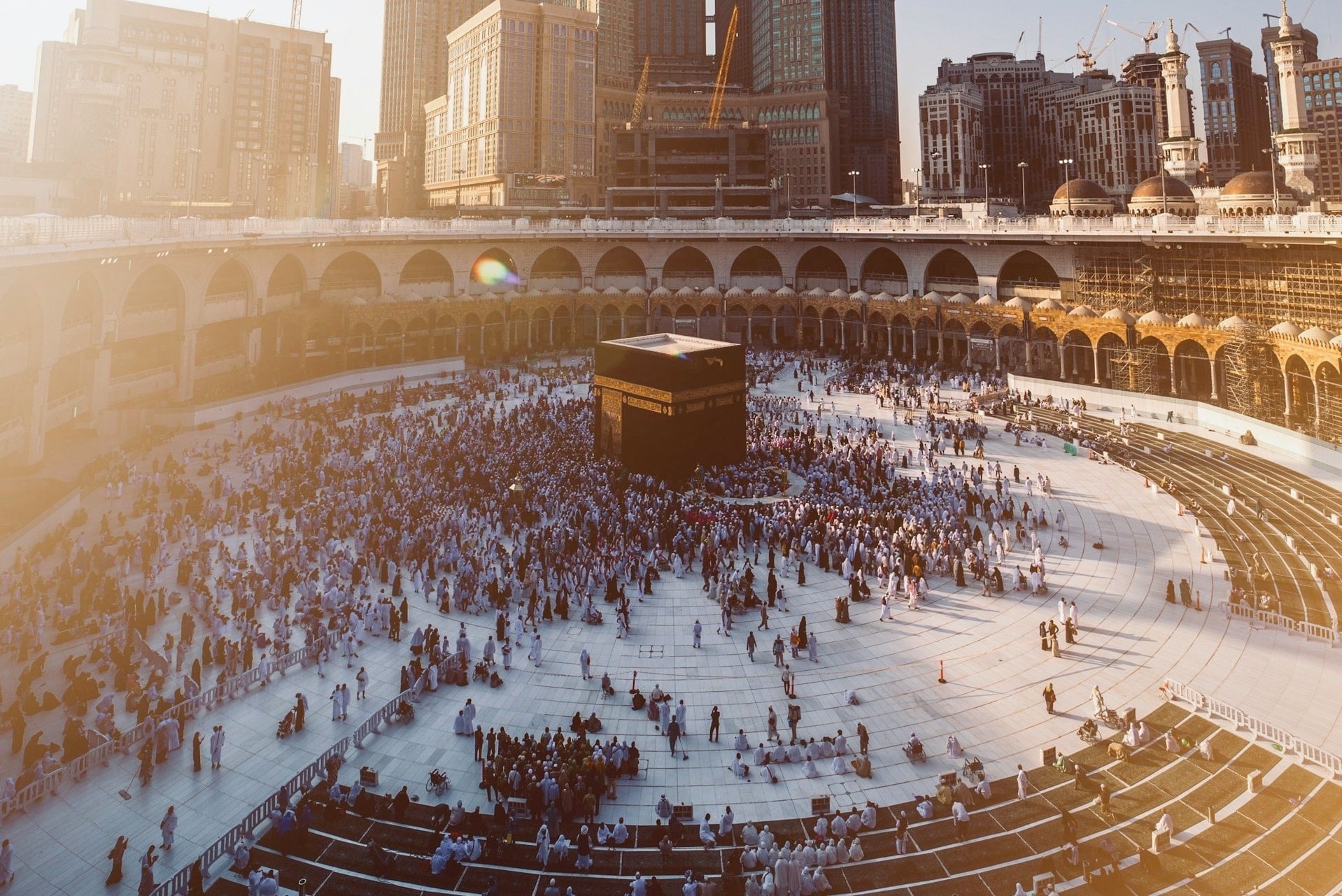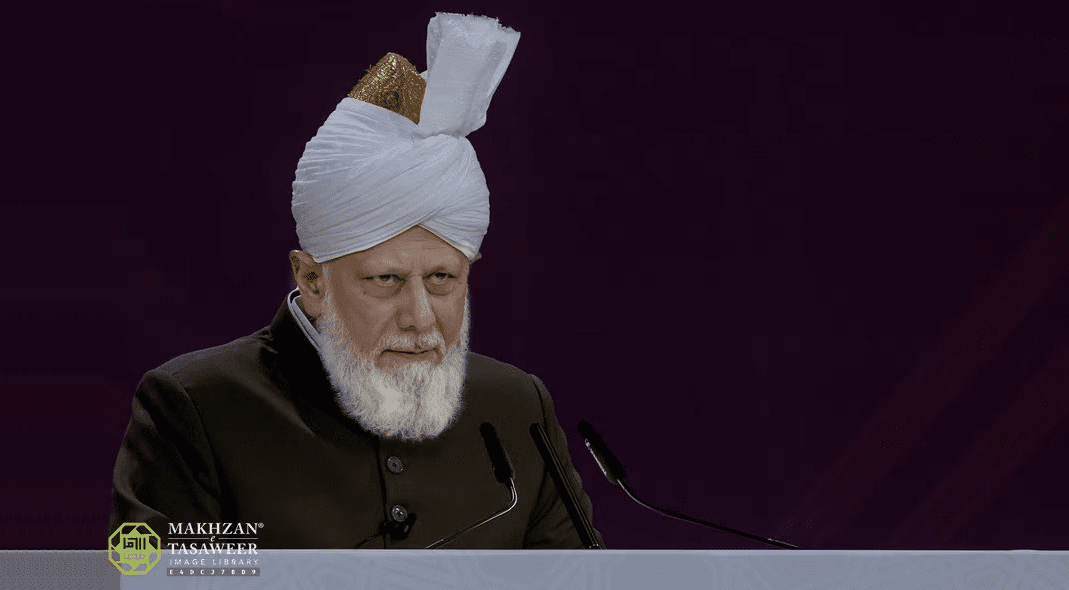Although a violation of basic morals, Islam prescribes no punishment for blasphemy. On the contrary, Muslims are enjoined to respond to abuses with prayers and cruelty with kindness.
HUSAM AHMED SHAFEEQ
AUGUST 14, 2020
With a smile on the face, gentleness in voice and politeness in behaviour, man has always wanted to maintain his badge of civility. But as everything comes with a price, he has to forgo his anger, rage and harshness to wear this much desired cloak of courteousness.
However, there occur some instances when these strong emotions, deeply buried within one’s heart, are uncontrollably poured out in the open, shattering the civilized image he had long preserved with his appealing personality.
One such instance occurs when sacrosanct figures of religions, whom a person holds with great reverence in his heart, are vilified and their sacred persons are maligned in public, making it hard for him to hold his temper and resulting in the outburst of intense wrath. The explosion of emotions is so strong that it is easily converted into actions resulting in the destruction of peace in society.
But, does this in any way mean that as the motive behind such reactions is justified, the actions are too? Does this imply that creating unrest in society or vandalizing public properties is rationalized, for people’s sentiments have been hurt? If not, how then should a person react when holy personages, whose sanctity he holds more precious than his own life, are insulted and abused in the most disturbing manner?
Blasphemy in Islam
Islam condemns blasphemy. As it is expected from an ideology based on high moral principles, to insult beliefs, ideas or figures revered by others is forbidden in Islam. It exhorts its followers to respect people’s sentiments and beliefs even if they do not conform to Islamic doctrines.
One great example of this exhortation can be seen in the Holy Quran regarding how a Muslim’s attitude towards idol worshippers should be. Although Islam rejects idol worship and seriously questions the rationality behind it, insulting the idols worshipped by others is an act strictly forbidden by the Holy Quran. It says:
And revile not those whom they call upon beside Allah, lest they, out of spite, revile Allah in their ignorance.[1]
It is noteworthy here that the retaliation of idol worshippers reviling God Almighty is considered a natural response emanating from ignorance and has not been condemned at all.
The Islamic standard of civility is so high that one gets fatigued in efforts to find a parallel to it and yet ends up disappointed. While in general, man psychologically feels obliged to respect only those whom he considers worthy of respect, Islam does not limit the expanse of one’s equitable treatment to their own people. The Holy Prophetsa says:
If there comes to you a man who is respected among his own people, then honour him.[2]
Respect for others’ sentiments has been advocated by Islam to such an extent that a Muslim is taught to be careful even while proclaiming his own faith and avoid any element that may hurt others’ feelings. It is this sublime principle which the Holy Prophetsa wanted his followers to abide by when he said,
Do not proclaim my superiority over Moses.[3]
Hence, with such a high standard of humility and decency, it does not befit a Muslim to even slightly offend the sensibilities of others, let alone blaspheme against their holy personages.
How should a Muslim respond to blasphemy
While blasphemy has been declared by Islam as a venom infecting the peace of society and a serious violation of basic morals, one would naturally be inclined to think that the consequences one is made to face for committing blasphemy against Islam and its prophet will also be severe.
Surprisingly enough, Islam differs. While the disbelievers’ abusing Allah in response to their idols being reviled is declared as a natural reciprocal, the Holy Quran does not expect Muslims to retaliate to blasphemy in a similar fashion. It says:
And overlook their annoying talk, and put thy trust in Allah; for Allah is sufficient as a Guardian.[4]
As a token of disapproval, Muslims are instructed to leave the company of people who commit blasphemy and not join them until they refrain from this vile conduct. It says:
When you hear the Signs of Allah being denied and mocked at, sit not with them until they engage in a talk other than that; for in that case you would be like them.[5]
Hence, although a grave offence, Islam does not permit Muslims to respond to blasphemy even by returning similar abuses, let alone creating social unrest and destroying public properties. What Islam enjoins is to repel evil with that which is best[6]. This is exactly what has been demonstrated by the Holy Prophetsa throughout his life. Hence, one incident in this regard serves as an outstanding example for generations to follow and also showcases the immaculate character of Prophet Muhammadsa.
Exemplary model of the Holy Prophetsa in response to blasphemy
Since the commencement of his Divine mission, the Holy Prophetsa had been subjected to serious abuses and insults. However, he never responded to such indecencies in like manner. Instead, he always retaliated against cruelty with kindness and forgave his opponents.
One of many such incidents stands out remarkable, so much so that the account has been recorded by the Holy Quran. This incident related to Abdullah bin Ubayy lucidly displays the noble character of the Prophetsa.
Abdullah bin Ubayy, who was the leader of the hypocrites, once said that he was the most honourable while the Holy Prophetsa was, God forbid, the most wretched. This was such an insult that the companions of the Prophetsa could hardly control their emotions. And how else could they react when the man, whose honour they were ready to lay their lives upon, was demeaned in the most degrading way.
However, the very son of Abdullah bin Ubayy, who was a devout follower of Islam, presented himself before the Holy Prophetsa and asked his permission to kill his own father. The Prophetsa not only dismissed the idea but also said:
In any case, we shall demonstrate compassion and benevolence towards your father.[7]
This was not just a statement the Holy Prophetsa made to calm Abdullah’s son. Instead, this was exactly how he dealt with the man who left no stone unturned to cause him trouble.
Abdullah bin Ubayy lived his life peacefully in Medina, continuing his evil schemes to demean the person of the Prophetsa, but was never punished. And when he finally died, the Prophetsa not only led his funeral prayers but also granted his garment to cover his corpse.
This is the Holy Prophetsa of Islam who sanctified the dignity of all humans while his character is calumniated. This is the man who possessed impeccable integrity while his person is disparaged. Nevertheless, for his unparalleled righteousness and unequalled nobility, his image outshines a thousand suns in the hearts of billions.
REFERENCES
[1] Holy Quran 6: 109
[2] Sunan Ibn Maja, Kitab-al-Adab (Book on Etiquette)
[3] Ibid. vol.1 p.237
[4] Holy Quran 33: 49
[5] Holy Quran 4: 141
[6] Holy Quran 23: 97
[7] As-Sīratun-Nabawiyyah by Abū Muḥammad ‘Abdul-Mālik bin Hishām, p. 672













2 Comments
Nishan Ahmed K · August 15, 2020 at 8:43 am
This article is really helpful . Hope everyone could read it. Expecting more. This will help people to get know more about true islam. And the rightfull path that led you to the one and only true god.
shabbir Ahmed · August 18, 2020 at 12:25 pm
Simple and well written facts about blasphemy. Muslims should understand , this is not the way to react to this pain and anger .Without much insight we retaliate harmfully for the vile on our Master (SAWS). But it only helps more people to think badly of this Apostle of Peace (SAWS) and eventually about Islam.